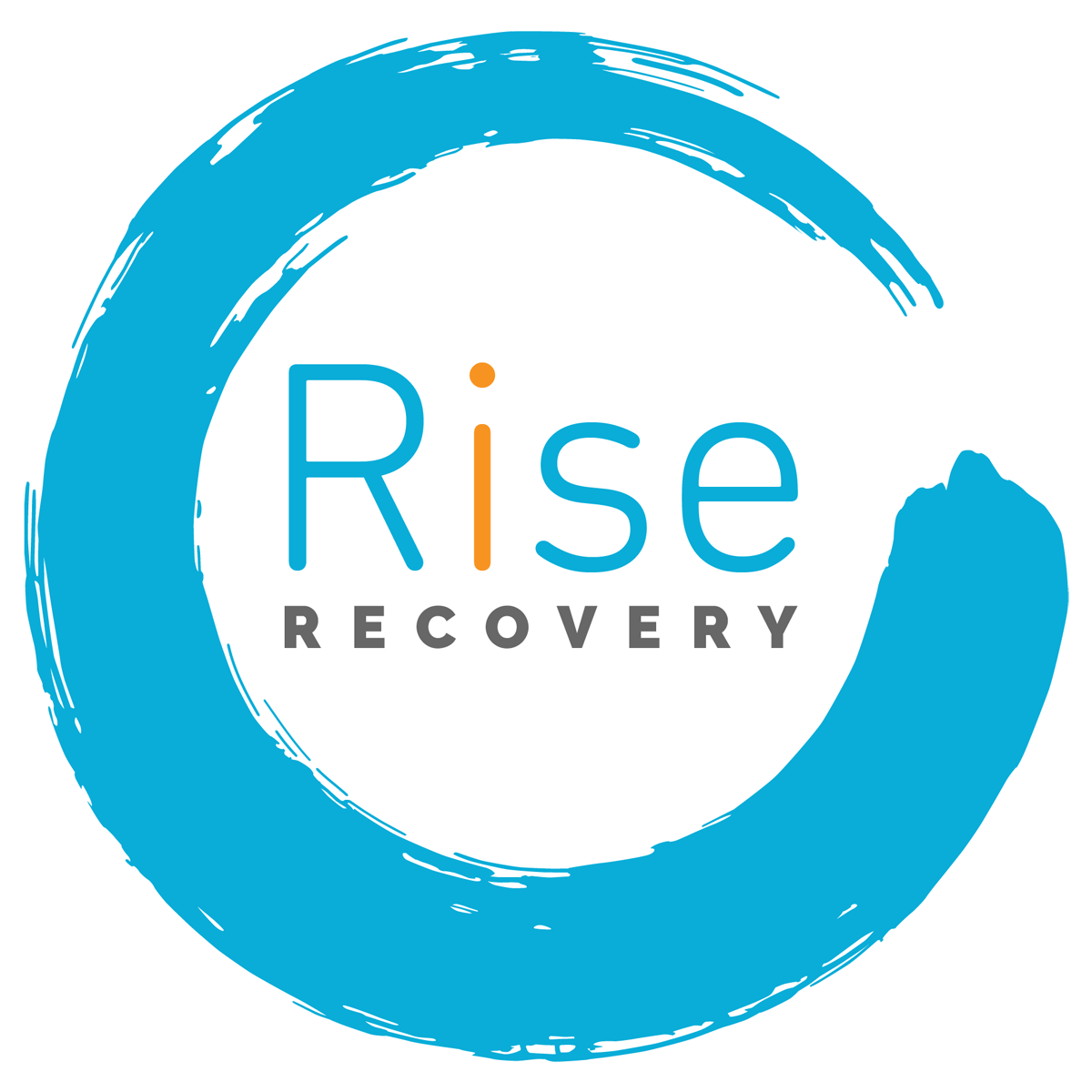Evita Morin, LMSW
As the CEO of Rise Recovery, a non-profit organization dedicated to helping individuals and families overcome substance use, I’ve witnessed firsthand the devastating impact that unregulated cannabis products can have on our youth. As April 20th, or “4/20” approaches, youth and young adults are typically made aware by their peers that this date is strongly associated with the use and celebration of “weed.” We are here to challenge the status quo, so today we are here to highlight the concerns surrounding cannabis-related products, to educate parents on concealed vape products, and to underscore the alarming attraction these products hold for our young people.
1. The Unregulated World of Vape Shops
Across Texas, vape shops have been popping up in alarming numbers, often in close proximity to schools and other areas frequented by young people. These establishments, while marketed as a “healthier” alternative to traditional cigarettes, have become a gateway to the world of marijuana and its derivatives. Many of these shops sell a wide range of vape products, including those that contain mind-altering compounds found in hemp and cannabis.
2. Concealed Vape Products: A Dangerous Trend
One particularly concerning trend is the rise of concealed vape products, which are designed to look like everyday items such as pens, USB drives, or even asthma inhalers. These discreet devices make it easy for young people to use marijuana and other substances without the knowledge of their parents or teachers. The ease of access and the ability to conceal these products have contributed to a significant increase in youth vaping and the use of cannabis-derived products.
3. The Allure of Marijuana for Texas Youth
The appeal of cannabis and its derivatives, such as chemical-infused candy and vape cartridges, is particularly strong among Texas youth. Many young people are drawn to the perceived “safety” of these products, believing them to be a harmless alternative to traditional drug use. However, the reality is far more complex and concerning. Unregulated cannabis products can contain a wide range of contaminants, including pesticides, heavy metals, and synthetic additives, which can have serious health consequences. Additionally, the long-term effects of these products on the developing brains of young people are not yet fully understood, but early research suggests that they can lead to cognitive impairment, mental health issues, and an increased risk of addiction.
4. The Link Between Early Drug Use and Substance Use Disorder
According to the Substance Abuse and Mental Health Services Administration (SAMHSA), early use of drugs can cause changes in the developing brain and increase the likelihood of progressing to drug addiction. Furthermore, research has shown that adolescent alcohol or drug use can accelerate very quickly when an untreated mental health disorder is present, with problematic use emerging within months. The SAMHSA report also states that “Substance use can permanently affect the developing brain leading to addiction and other negative changes in cognitive functioning.” This underscores the critical importance of addressing the issue of unregulated cannabis products, as early engagement in drug use can significantly increase an individual’s risk of developing a substance use disorder later in life.
As the CEO of Rise Recovery, I urge parents, educators, and policymakers in Texas to take a proactive approach in addressing the growing threat of unregulated cannabis products. We must work together to educate our youth about the dangers of these substances, strengthen regulations around vape shops and concealed vape products, and provide comprehensive support and resources for those struggling with substance use. By taking a stand against the normalization of youth engaging in cannabis and its derivatives, we can protect the health and well-being of our young people and build a safer, more resilient community for all Texans.
To learn more about how to stay involved in this issue, join the Circles of San Antonio Coalition, an initiative of one of our partner agencies, SACADA, that is working with agencies like Rise Recovery and advocates like you to address these issues.
References:
Substance Abuse and Mental Health Services Administration. (2019). Key substance use and mental health indicators in the United States: Results from the 2018 National Survey on Drug Use and Health. Retrieved from https://www.samhsa.gov/data/sites/default/files/cbhsq-reports/NSDUHNationalFindingsReport2018/NSDUHNationalFindingsReport2018.pdfTaskiran, E. (2021).
Adolescent Substance Use and Mental Health. American Academy of Child and Adolescent Psychiatry. Retrieved from https://www.aacap.org/AACAP/Families_and_Youth/Facts_for_Families/FFF-Guide/Adolescent-Substance-Use-and-Mental-Health-106.aspx





